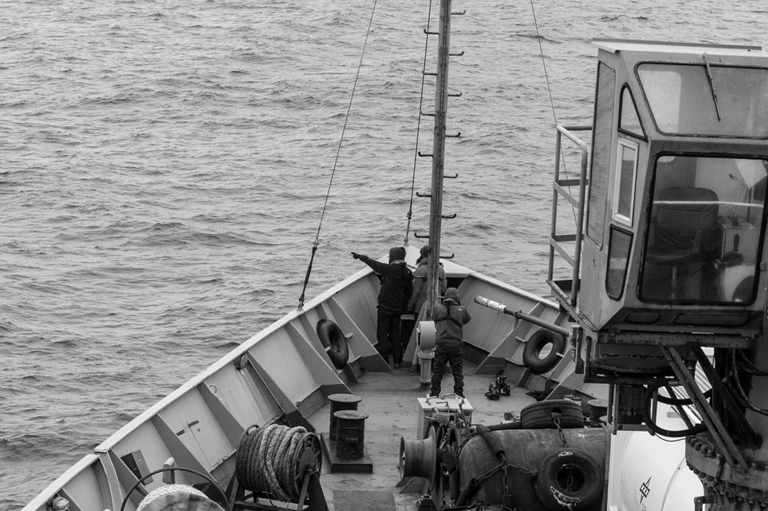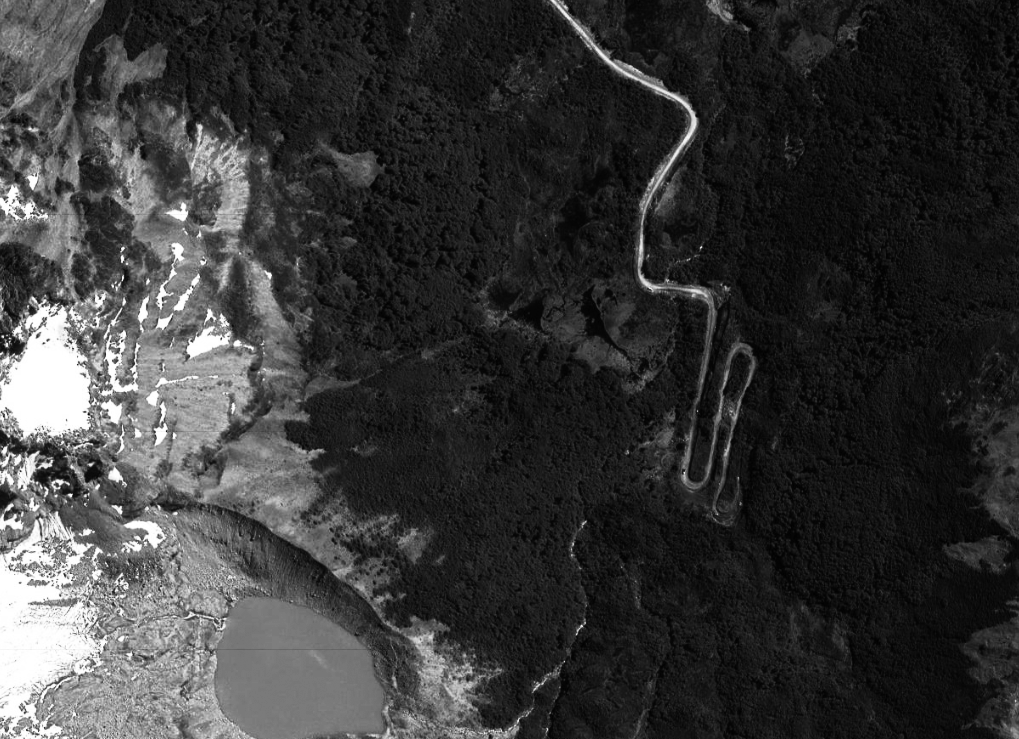Almost 100 years ago the artist and explorer Rockwell Kent crossed the Baldivia Chain between Seno Almirantazgo and the Beagle Channel via the Lapataia Valley. His documentation* of the landscape and climate is one of the first descriptions of this passage and serves as an important historic reference. Especially interesting in our context is his perspective as an artist becoming an explorer – sensing, registering, translating and documenting in an unconventional way.
The intention of the research trip February 15 – March 5 2021 under the scientific direction of Alfredo Prieto is to highlight the significance of indigenous traces present in Tierra del Fuego, inter-ethnic traces which are bio-cultural routes of the past (stemming from the exchange of goods and genes). In particular, we will explore potential indigenous cultural marks that Rockwell Kent described, traces that would connect the ancestors of the Yagán community with the Kawesqar and Selk’nam in the Almirantazgo Seno area.
Despite their substantial archeological importance, there is currently no possibility to carry out full archeological studies since that would require excavation with the prior permission of the National Monuments Council. For now, an ethnographic survey will be carried out together with a multidisciplinary team in order to look for potential cultural traces that justify future excavation. To this end, we will be using non-conventional search tools and analyze the technical possibility of developing non-invasive prospecting instrumentation.
Although the search for cultural footprints is one of our goals, this expedition along the Kent Pass will also deal with the impact of climate change in this region and will continue the general search for the potential of interaction between art and science for knowledge production and mediation.
We’ll also continue the collection of materials for the exhibition that will be organized jointly with artist Nicolás Spencer in the Museum of Contemporary Art in Santiago (October 2021).
*Rockwell Kent, Voyaging, Southward from the Strait of Magellan, G.P. Putnam’s Sons/The Knickerbocker Press, 1924
Participants:
Nicolas Spencer (CL/AT), Alfredo Prieto (CL), Carsten Stabenow (DE), Raviv Ganchrow (US/IL/NL), Thierry Dupradou (FR), Mirko Petrovich (CL), Sofia Balbontin (CL), Rene Rissland (DE), Jost Bradtke (DE), Jacqueline Puratich (CL)
Continue reading “2021 – field trip #03”








